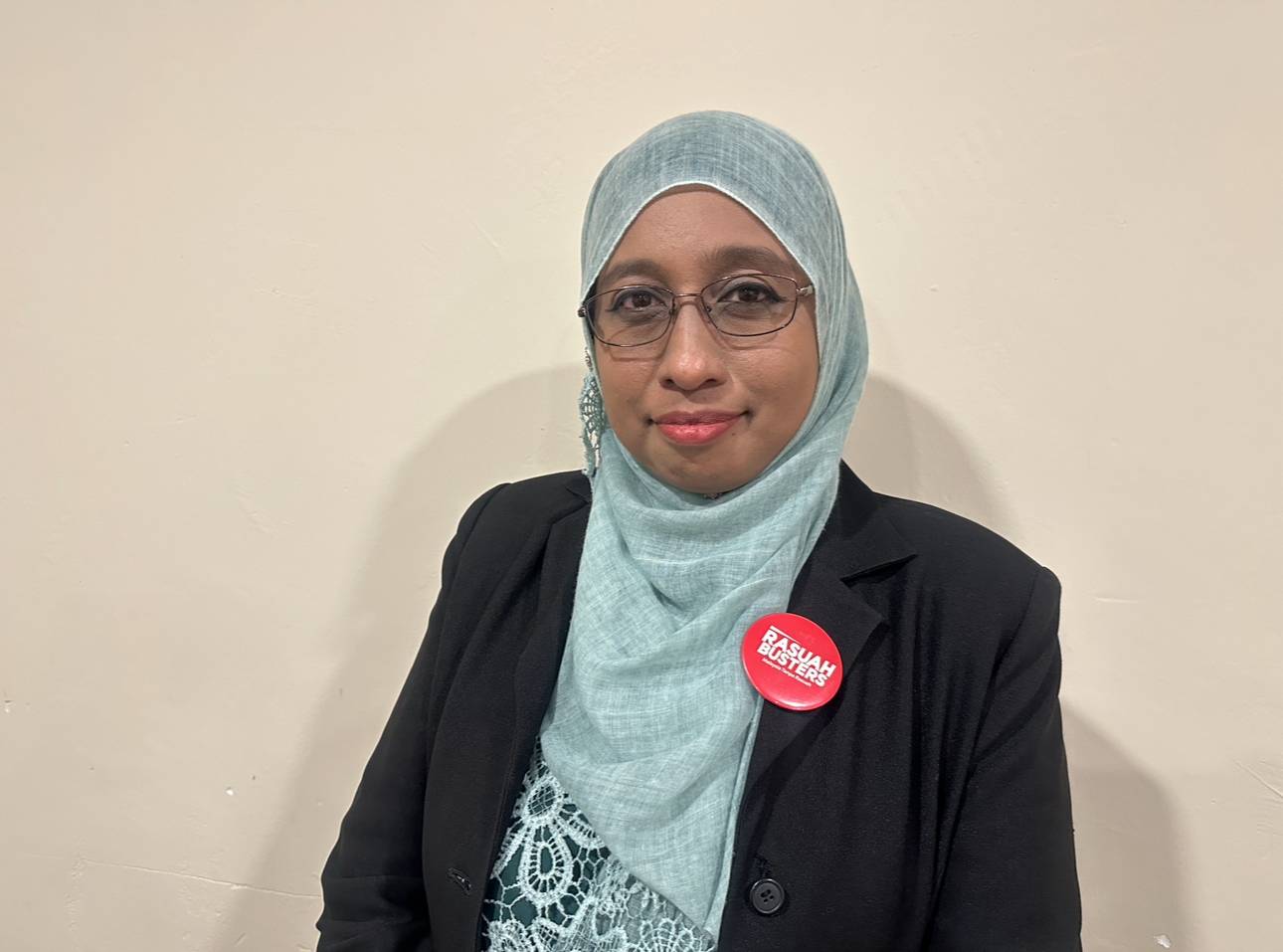Politicians should stay out of sports clubs - Rasuah Busters
Rasuah Busters chief executive officer (CEO) Norhayati Nordin said their direct involvement could lead to more internal conflicts and a loss of public trust in the sports clubs.

SHAH ALAM - Politicians should focus on overseeing sports governance rather than taking active roles, like being a member or president of a sports club.
Rasuah Busters chief executive officer (CEO) Norhayati Nordin said their direct involvement could lead to more internal conflicts and a loss of public trust in the sports clubs.
She said the problematic nature of politicians holding key positions in sports organisations, such as president or member, could skew decision-making due to political influences.
"Decisions made within the club may be politically influenced, which could lead to the merit and performance of athletes being ignored," she told Sinar Daily recently.
Highlighting the risks of internal conflicts when politicians are involved, she expressed her concern that representation of political parties in sports could lead to factional issues, detracting from performance as focus shifts.
"While we are not stating this will definitely occur, it remains a potential concern," she added.

Norhayati argued for a sports management approach that excludes political figures to maintain professionalism and a clear understanding of sports administration.
“By placing politicians in these roles, we miss the chance to recognise and develop the expertise of professionals dedicated to sports administration,” she said.
She also raised concerns about the potential for fund misappropriation within sports clubs, noting the presence of politicians could make environments more susceptible to corruption, jeopardising the integrity of a politician or Cabinet member.
Addressing the challenge of dual roles, she added the responsibilities of an MP and a sports chairman demand high commitment.
"Balancing public governance and sports can compromise quality, competency, accountability, and lead to potential misuse and perception issues," she said.
Norhayati stressed that fair governance in sports ensures decisions are made in the best interest of the sport and its participants, fostering an environment where merit, talent, and competency prevail.
She advocated for the involvement of experts without political ties in resolving disputes within clubs.
"Professionalism in sports can be maintained if politicians support the clubs’ efforts from their governmental positions without direct involvement,” she added.
Norhayati also outlined the importance of transparency and accountability in sports governance to maintain public confidence and ensure the ethical management of sports organisations.
Download Sinar Daily application.Click Here!










